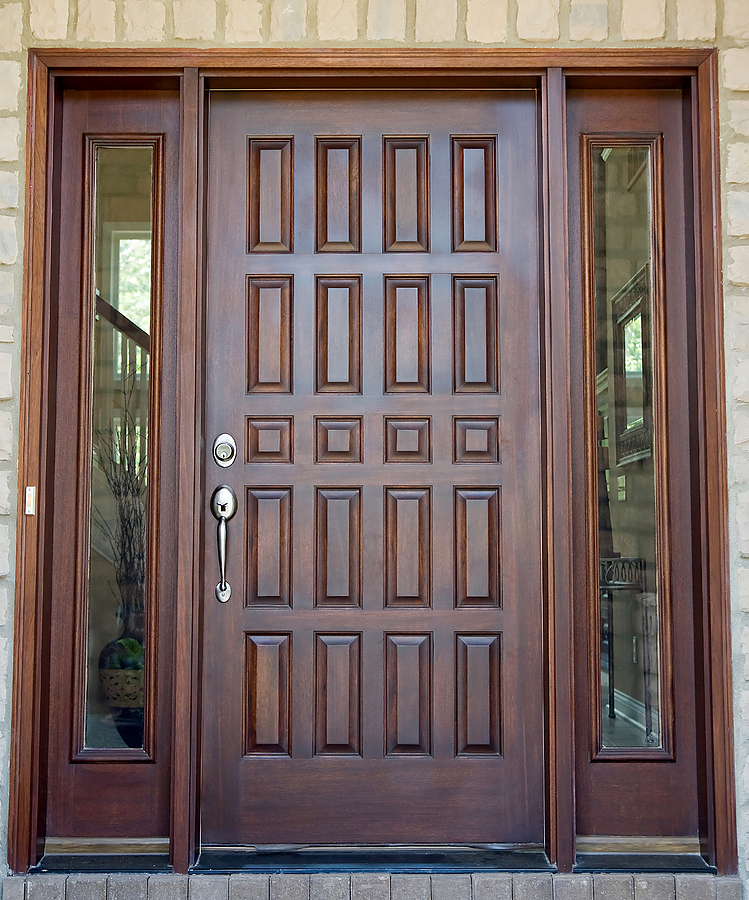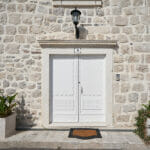Doors are the unsung heroes of our daily lives, silently swinging open and closed as we move about our homes, offices, and public spaces. Yet, behind every smooth and safe door operation lies a crucial component: the door closer.
In this guide, we’ll dive into the world of door closers, exploring the key factors to consider when selecting the perfect one for your needs. From understanding the different types to evaluating important features, we’ll equip you with the knowledge to make an informed decision and ensure your doors close smoothly and securely every time.
Understanding Door Closers: What Are They and How Do They Work?
Table of Contents
Before we delve into the factors to consider so you can discover the best door closer, let’s start with the basics. A door closer is a mechanical device that controls the speed and force with which a door closes. It consists of a hydraulic or pneumatic mechanism housed in a metal casing, usually installed at the top of the door frame.
When a door closer is properly installed and adjusted, it regulates the closing speed and prevents the door from slamming shut, thereby enhancing safety and convenience.
Types of Door Closers
- Surface-mounted door closers: These are the most common type of door closers and are installed on the surface of the door frame. They are versatile and suitable for a wide range of door types and sizes.
- Concealed door closers: As the name suggests, concealed door closers are hidden within the door frame or door itself, providing a sleek and unobtrusive appearance. They are often used in architectural applications where aesthetics are a priority.
- Overhead door closers: Mounted on the door frame above the door, overhead door closers are ideal for heavy-duty applications and offer excellent control over the closing force.
- Floor-spring door closers: These closers are installed beneath the floor, making them completely invisible when the door is closed. They are commonly used in high-end residential and commercial settings.
Now that we have a basic understanding of the types of door closers available, let’s explore the factors to consider when choosing the right one for your specific requirements.
Factors to Consider When Choosing a Door Closer
1. Door Size and Weight
The size and weight of the door are crucial factors that determine the type and strength of door closer needed. Larger and heavier doors require closers with greater closing force to ensure smooth operation. Be sure to check the manufacturer’s specifications to match the closer with the door’s dimensions and weight.
2. Traffic Volume
Consider the amount of foot traffic passing through the door on a daily basis. High-traffic areas, such as commercial buildings or public facilities, will require a heavy-duty door closer that can withstand frequent use without compromising performance.
3. Installation Location
Where will the door closer be installed? Surface-mounted closers are suitable for most applications, but if aesthetics are a concern, concealed or floor-spring closers may be preferable. Additionally, consider the environmental conditions, such as exposure to moisture or extreme temperatures, which may impact the performance and durability of the closer.
4. Fire and Life Safety Requirements
In certain applications, such as commercial buildings or healthcare facilities, compliance with fire and life safety codes is paramount. Choose a door closer that meets the necessary fire rating requirements and ensures reliable operation in the event of an emergency.
5. Adjustability and Control
Look for a door closer that offers adjustable closing speed and latching speed to accommodate different user preferences and operational requirements. Some closers also feature backcheck functionality, which prevents the door from being forcibly opened or slammed shut, extending the life of both the closer and the door.
6. Aesthetics
While functionality is key, aesthetics also play a significant role, especially in architectural and design-sensitive projects. Choose a door closer that complements the overall aesthetic of the space and blends seamlessly with the door and surrounding decor.
7. Budget
Last but not least, consider your budget constraints when selecting a door closer. While it’s tempting to opt for the most affordable option, investing in a high-quality closer from a reputable manufacturer will pay off in terms of durability, performance, and long-term reliability.
Conclusion
Whether you’re upgrading existing door hardware or specifying closers for a new construction project, taking the time to research and evaluate your options will ensure that you make the best choice for your unique requirements. With the right door closer in place, you can enjoy peace of mind knowing that your doors will operate smoothly and securely for years to come.
Image Source: BigStockPhoto.com (Licensed)
Related Categories: Home, Reviews








